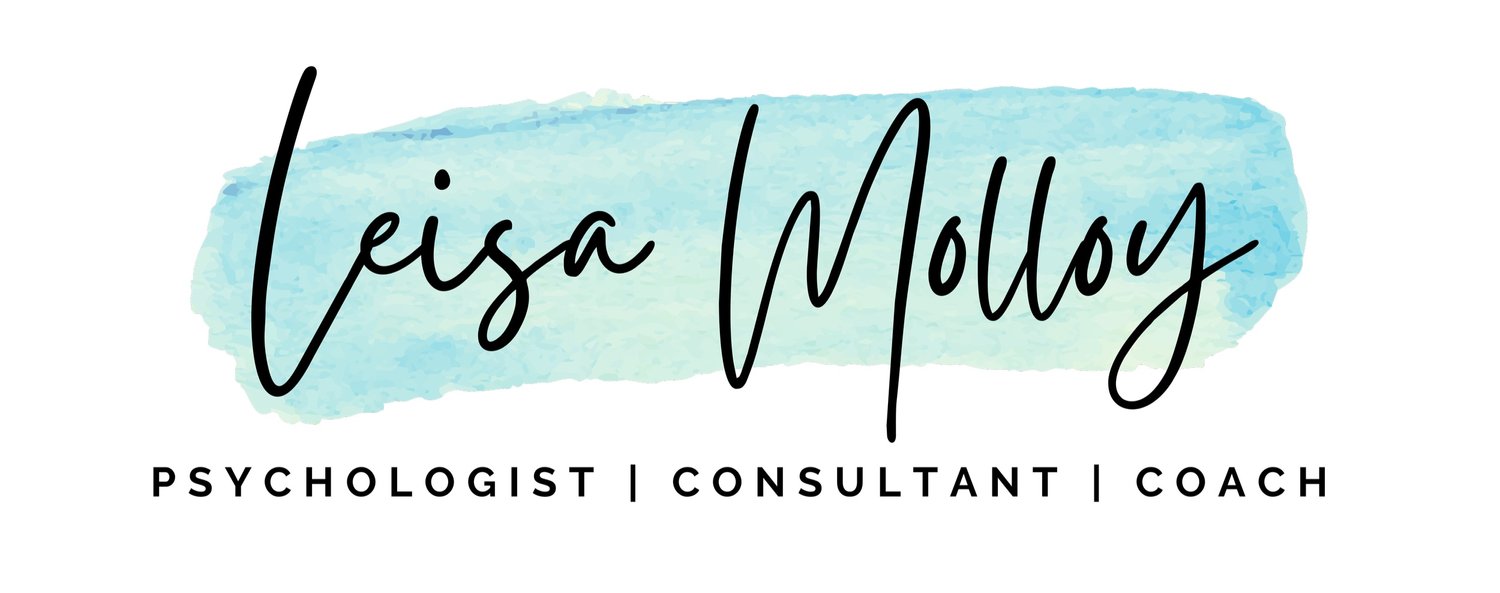
Career & Development Conversations Training
Teach leaders practical approaches for having regular career, growth, and development conversations with their team members.
In a recent LinkedIn study, 94% of respondents said they would stay longer at an organisation longer if it invested in their career development.
82% would feel more engaged.
In another survey, 82% of respondents indicated that they would feel more engaged if their manager just had more regular career conversations with them.
Other studies suggest that up to 70% of people are dissatisfied with career opportunities within their company. Indeed, LinkedIn’s research named a lack of advancement opportunities as the #1 reason for people changing jobs.
For leaders, this means that career conversations are REALLY important for keeping your best people from looking elsewhere.
Why do these conversations really matter? Watch this video to hear some of my thoughts…
Career conversations can feel a bit tricky.
For leaders, these conversations can actually feel a bit tricky at times. Some of the most common concerns and questions I’ve heard from leaders are these:
What if there are no real opportunities?
What if their goals seem a little too ambitious?
What if they are actually in the wrong job?
What if they aren’t self-aware enough to see the gaps?
What if it turns out that they want MY job? (awkward…!)
While there ARE ways to deal with all of these fears and challenges, many leaders simply aren’t explicitly taught how to tackle these conversations.
They aren’t provided with the tools, skills or frameworks - and instead, just try to ‘wing it’!
They aren’t always ‘done’ very well…
The other problem is that career and development conversations aren’t always ‘done’ very well. Some common mistakes?
These conversations simply don’t happen. Why? Usually the issue is time, capability, or avoiding them (see above!)
Performance reviews are mistakenly believed to be career conversations (but actually aren’t)
Development plans aren’t meaningful, realistic, or tied back to individual differences, making them a ‘tick the box’ exercise.
Sound familiar? Most of us have experienced this at some point. We’ve been the employee who is feeling completely disengaged and unfulfilled - OR the leader who is struggling with the ‘how’ of truly building, growing and fostering talent.
Some common mistakes and problems - have you encountered these?
About the Career & Development Conversations Program
This program introduces leaders and managers to practical frameworks, tools, and guidance for having career, growth, and development conversations.
It’s designed to support leaders in approaching these discussions with clarity and structure, so they can explore aspirations, development needs, and career pathways in a constructive way. The session also includes an adaptable toolkit that can be integrated into everyday practice, helping to make these conversations a regular and meaningful part of team life.
A little taste of the program topics…
Why it’s SO important for leaders to have regular career conversations with their team members
The WIIFM - how can regular career & development conversations help leaders?
The 4 major problems with many career and development conversations
A practical, 4-step framework for having meaningful, robust career conversations (as used in awesome companies like Google!)
Uncovering your team members’ motives, drivers and strengths - what really makes them ‘tick’
Uncovering your team members’ goals and aspirations - what really matters to them, and why?
How to help your people identify relevant, meaningful & targeted career & development goals
Performance vs. development goals - what’s the difference and why does it matter?
How to create robust development plans & pathways (using the 70/20/10 principle)
Becoming more ‘coach like’ - gentle strategies for encouraging greater initiative & ownership
Steps for evaluating progress & momentum
What gets in the way? What the research says about common barriers to learning & development
Common concerns - what leaders often worry about (and what to do about it!)
Tools & resources to support success
One of the key aims of this program is to give leaders the resources and confidence to continue applying what they’ve learned after the session.
To support this, the program includes follow-up materials, prompts, and practical tools that can be revisited over time, helping leaders embed these conversations into their regular management practices. By reinforcing key concepts and providing ongoing reference points, it’s designed to make career, growth, and development discussions a sustainable part of the workplace culture.
Additional resources include:
Access to a range of instructional videos explaining key tools, insights & concepts
A set of practical, structured ‘Conversation Guides’ that can be re-used for every Career & Development Conversation
Lots of other helpful worksheets, resources & questionnaires to keep.
Access to a private Facebook group where participants can ask questions, share insights, and learn from other people’s experience (note - depends on delivery method).
Why work with Leisa?
Why work with me? (Yep, I’m Leisa – hi!)
I’m an endorsed Organisational Psychologist with Masters qualifications and over 20 years of experience, bringing a deep understanding of human behaviour to my programs. I’m also a bit of a nerd about psychology and behaviour at work!
My approach draws on extensive experience in leadership development, neuroscience, positive psychology, employee engagement, and behavioural change. I’ve worked with organisations and individuals across the public and private sectors.
In the last few years alone I’ve facilitated over 295 workshops and sessions with more than 2,100 participants, and worked with almost 500 leaders as a coach, consultant, or facilitator. Much of my work focuses on 'leadership conversations', which is a key area of interest for me given how often I’ve seen leaders struggle with this.
I’m also pretty friendly – and I genuinely enjoy supporting people to build these skills and tools, knowing the positive difference they can make in their work and relationships. :-)








